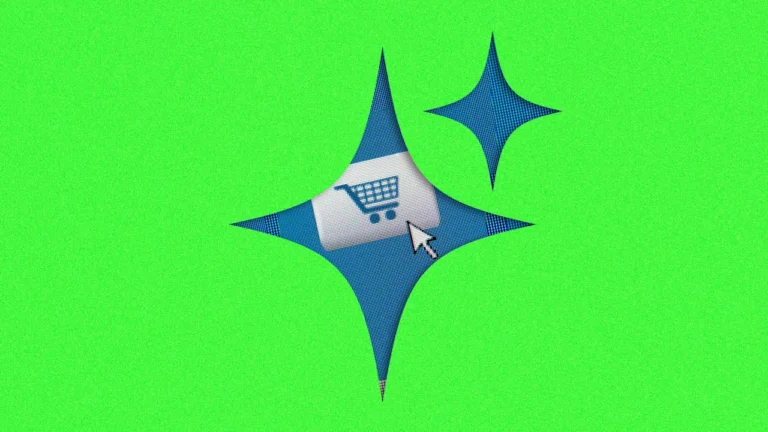
Black Friday isn’t what it used to be. Less than 15 years ago, it was fairly common for people to wake up at ridiculously early hours to drive to a store, where they would stand in line, waiting for the doors to open in order to grab the best deals.
Those people still exist, but not in the numbers they used to, thanks to the convenience of online shopping (and the early start to holiday deals). But as artificial intelligence becomes more entrenched, it could play an outsized role in Black Friday (and Cyber Monday)—and 2025 could be something of a test case for the technology.
The average consumer is expected to spend $1,595 on holiday gifts this year, according to Deloitte. That’s 10% less than 2024 and highlights the importance shoppers will place on bargains this year. And a growing number of consumers will be relying on AI to help them find those deals.
Some 33% of the people Deloitte spoke to in its 2025 Holiday Retail Survey said they plan to use AI as part of their holiday shopping—double the number who did last year. Many say the tech could assist them with inspiration and product discovery.
That could benefit retailers who have already embraced AI in their recommendation engines, as well as those planning to roll it out.
“Consumer adoption of gen AI shows that expectations are shifting toward personalization and efficiency,” Deloitte’s report states. “Shoppers now expect instant recommendations tailored to their preferences, budgets, and recipients, raising the bar for retailers’ digital experiences. To meet holiday shoppers’ expectations, retailers could consider embedding AI-powered gift finders, style assistants, or deal copilots directly into their sites or apps.”
A separate study from marketing automation platform Klaviyo found that 56% of consumers say they’ll use AI tools during Black Friday and Cyber Monday.
AI can do a lot more than just help people think of creative gifts, of course. Gen AI models like ChatGPT can research prices and recommend the best deal, in some cases even making the purchase for you, a feature used by a growing number of people. Traffic from AI platforms to retail sites during Prime Days and other sales in July was up by 4,700%, according to Adobe Analytics. And the company is predicting an increase in AI usage of between 515% and 550% this holiday season, compared to 2024.
Thinking of enlisting a Gen AI to help you find deals? Here’s how to go about it.
Make your list. Check it twice
Chatbots don’t work so well without specifics. You’ll need to know exactly what you’re looking to buy if you’re planning to use AI for price comparisons.
Using the broadest example, telling ChatGPT you’re looking for the best price on, say, a Barbie or a blender is akin to calling a Best Buy or Gamestop and saying you want to know their best price for a game console. The $60 no-name brand that has a Tetris clone might technically be the correct answer, but that does you no good if you really wanted a PlayStation 5.
Set the AI loose
Ask your chatbot to find the best deals for your specific product.
Again, details matter, so be sure to offer as much granularity as you can about the product. (To go back to the PS5 example, do you want the PS5 with a disc drive? What amount of internal storage do you want? Do you want a PS5 Slim or Pro or some other model?) It’s also worth asking the chatbot to suggest additional ways to save, such as applicable cash-back apps (like Rakuten), promo codes, or coupons.
Fact check the results
Prices change all the time during the holiday season, so just because ChatGPT says Store X has the best deal, you’ll still want to check that store’s website to verify the amount your AI assistant quoted is still valid. At the very least, using AI to help you shop will quickly eliminate some options and, ideally, free up some of your time, letting you spend less of November and December hunting for deals and more time enjoying the season.



